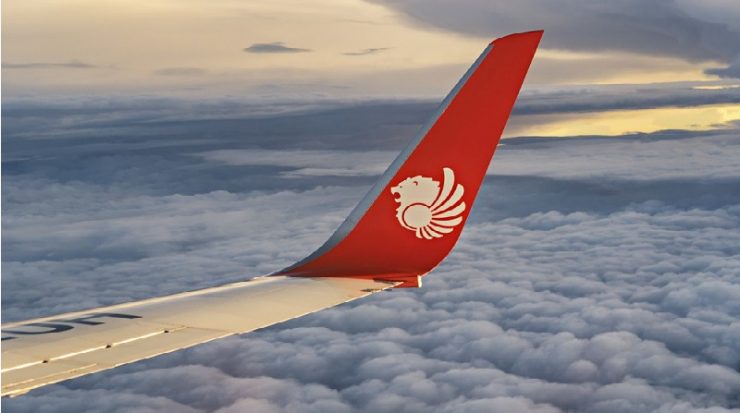LION GROUP continues to show its dominance in the Indonesian (RI) aviation market. Previously, the Indonesian National Air Carriers Association (INACA) said that Lion Air Group such as Lion Air, Batik Air, Wings AIr and Super Air Jet dominated the domestic aviation market share with 62%. While Garuda Indonesia and Citilink had only 27%.
According to the independent analyst of the national aviation industry, Gatot Rahardjo, said Lion Group’s dominance is more like a monopoly than an oligopoly due to the significant difference in market share between Lion Group and its largest competitor, Garuda Group.
From a consumer perspective, this situation is similar to a monopoly for other products. Consumers often do not have many choices, which makes it difficult to expect a decrease in ticket prices. However, the ticket price factor is not only influenced by market structure. Gatot stressed that high operating costs, such as the price of aviation fuel and airport taxes, are the main reasons why ticket prices remain high.
“Actually, it can be said that it is closer to a monopoly than an oligopoly, because the market share of both is very different. From a consumer perspective, it is certainly almost the same as a monopoly on other products,” Gatot said on Friday (11/22), 2024.
Meanwhile, Garuda Group’s position in the national aviation market is a dilemma in itself. Most of Garuda’s shares are owned by the government, but the existence of private shares due to its IPO status means that it cannot be fully used as a state policy tool.
If Garuda Group is fully owned by the government, its role as the main competitor of Lion Group can be used to create market equilibrium. Under such conditions, the government can make Garuda a counter to Lion Group’s dominance, creating an effect that is close to perfect competition.
In perfect competition, airlines are encouraged to achieve operational efficiencies in order to offer more competitive ticket prices.
However, Gatot stressed that the current market structure, such as a monopoly or oligopoly, is not the only obstacle to lowering ticket prices.
“Garuda Group can be used entirely for the interests of the state, so even though it is an oligopoly, the effect will be like perfect competition because there is a role for the state. When there is perfect competition, airlines will do their best to achieve operational efficiency,” he explained.
With costs continuing to rise and airline revenues constrained by maximum fares, airlines face a major challenge in lowering ticket prices without sacrificing the sustainability of their businesses.
Lion Group’s dominance brings operational efficiencies through large economies of scale. On the other hand, limited competition risks stagnating service innovation and pricing.
Given these dynamics, more effective regulation is needed to ensure a balance between consumer interests and the sustainability of the national airline industry.
“Whether there is a monopoly or an oligopoly, if costs are still high, ticket prices will still be expensive. Because the principle of economics is to seek profit. You can make a profit if the revenue is greater than the cost. If the cost is high, then the income must be even higher, and that is what causes expensive ticket prices,” he concluded. [sources/photo special]
















